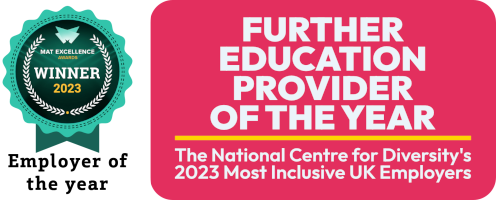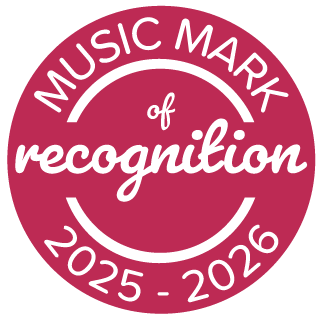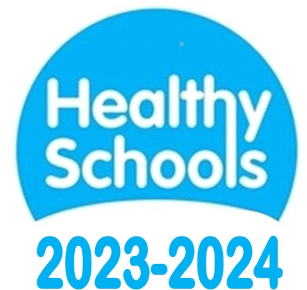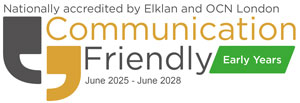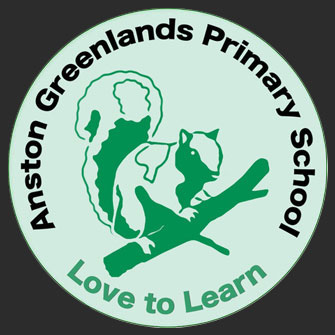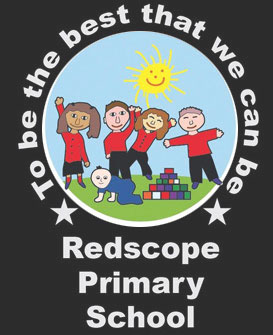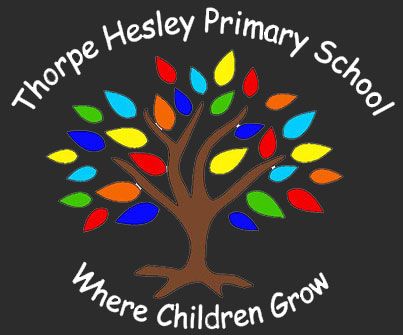Here at Thorpe Hesley we feel music is an important part of our wider curriculum and how it supprts self-esteem and emotional well being. Music is taught on a weekly basis throughout school using the Charanga Music School in line with the Rotherham music service.
In line with the curriculum for music and guidance from Ofsted, the Scheme moves away from the previous levels and learning objective/outcome concepts to an integrated, practical, exploratory and child-led approach to musical learning, something we feel is very important here at Thorpe Hesley Primary School.
We also run a whole school choir for the children in year 2 to year 6, the choir meets weekly in the infant building and is run by Mrs Finney, Mrs Woodcock and Miss Knowles who all have a real love of music. We sing a range of different types of music ranging from musicals to rock and pop. Our passion for music has led us to create our own musical extravaganza at our local secondary school Wingfield Academy’ we use this opportunity to showcase all our hard work. Not only does the choir take part in the showcase but we also involve all our musicians in school from recorders, brass, wind, piano and guitar players. It is an amazing chance for all our children who value their musical skills whatever level they are at.
Overview by Stage
Key Stage 1
The National Curriculum for music aims to ensure that all pupils:
- perform, listen to, review and evaluate music across a range of historical periods, genres, styles and traditions, including the works of great musicians and composers
- learn to sing and to use their voices, to compose and make music with others, have the opportunity to learn a musical instrument, and have the opportunity to progress to the next level of musical excellence
- understand musical notations and how music is constructed, produced and communicated through its inter-related dimensions: pitch, duration, dynamics, tempo, timbre, texture and structure.
Pupils should be taught to:
- use their voices expressively by singing songs and speaking chants and rhymes
- play tuned and untuned instruments musically
- listen with concentration and understanding to a range of high-quality live and recorded music
- make and combine sounds using the inter-related dimensions of music.
Key Stage 2
The National Curriculum for music aims to ensure that all pupils:
- perform, listen to, review and evaluate music across a range of historical periods, genres, styles and traditions, including the works of great musicians and composers
- learn to sing and to use their voices, to compose and make music with others, have the opportunity to learn a musical instrument, and have the opportunity to progress to the next level of musical excellence
- understand musical notations and how music is constructed, produced and communicated through its inter-related dimensions: pitch, duration, dynamics, tempo, timbre, texture and structure.
Pupils should be taught to sing and play musically with increasing confidence and control. They should develop an understanding of musical composition, organising and manipulating ideas within musical structures and reproducing sounds as part of an aural memory.
Pupils should be taught to:
- play and perform in solo and ensemble contexts, using their voice and playing musical instruments with increasing accuracy, control and expression
- improvise and compose music using the inter-related dimensions of music separately and in combination
- listen with attention to detail and recall sounds with increasing aural memory
- use and understand the basics of staff and other musical notations
- appreciate and understand a wide range of high-quality live and recorded music from different traditions and from great musicians and composers
- develop an understanding of the history of music.
Useful Links and Resources
Here are our policies related to music teaching.


